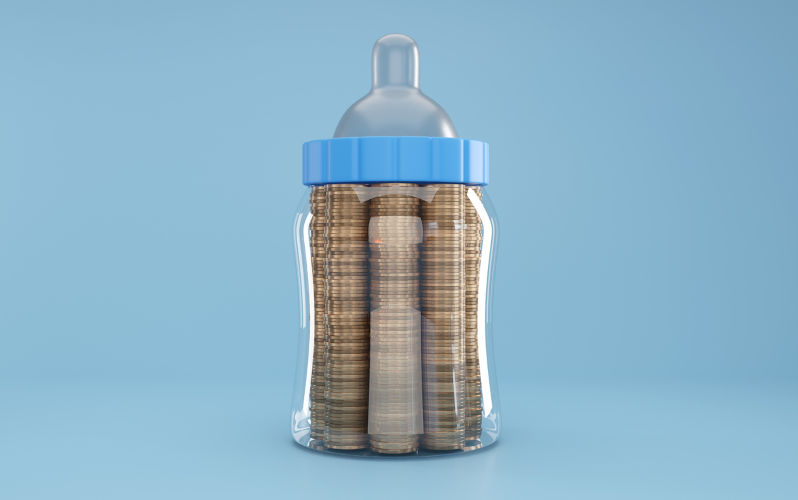Boosting equity and safety for Australia's children
October 27, 2025
In Australia, 37% of students aged between about 5 or 6 and 18 years go to private schools which charge fees – but while those schools are private, they are not run for profit.
However, the proportion of babies and one, two, three, four and five-year-olds in long day childcare centres, which are not just private, but explicitly run for profit, is now nearly double that, at 73%.
Long-time children’s educator and carer Lisa Bryant has said “keeping children safe is really expensive” but “profits depend on keeping things very cheap. The things that keep children safe” are “having a lot of really experienced and highly qualified staff”.
Not-for-profit providers have more consistent staffing, maintain proper adult-to-child ratios, reinvest surplus funds back into their services and are more than twice as likely to exceed required quality standards as those run for profit.
Big for-profit providers spend much less on staffing, have a higher proportion of casual workers, employ less experienced early educators and keep being given exemptions so they can operate centres without the required number of qualified personnel.
Official reports make clear that a highly casualised workforce makes it difficult to attract and retain qualified staff to meet minimum requirements and do robust referee checks.
Therefore, these bad workforce practices are risk factors for child safety; and, in turn, excessive dominance of childcare by for-profit operators in Australia is now a risk factor for abuse of children.
A defining feature of my generation’s era has been the revelations of how many adolescents were abused for decades from the 1960s by paedophiles who worked as trusted authority figures in institutions like schools, churches, youth “training” centres, scouting and sports organisations, which gave them the perfect cover to prey.
Yet, after all the changes made to prevent recurrence of that pattern of offending by paedophiles, new dangers have risen in the underregulated spaces dominated by for-profit companies which very young children now inhabit.
Many of these companies are hiding behind complex business arrangements so they can re-emerge with new identities after committing offences. The two biggest (G8 and Affinity) misled police after the sickening offences publicised on 1 July, while in August we learned that G8 is the most sanctioned childcare provider in Victoria.
Paedophiles are a very small proportion of all people, but they will always persist in finding ways to prey upon children. Our responsibility is to prevent them. If we do not, then we will all be complicit in creating another generation of abuse victims.
New laws to maybe reactively cut funding in the future to centres, or penalise people after they are proven to have committed extreme new breaches of children’s safety are not sufficient.
To avoid being complicit, all of us who have superannuation should now check and make changes, so that none of our personal accounts gain proceeds from, or help prop up, dangerous practices of big, excessively profiteering childcare companies like G8 and Afffinity.
Some educators and carers who worked for these big for-profit companies have left, exhausted and heartbroken, to become courageous whistleblowers and help us gain glimpses into this tragedy.
We need to support them — and the overwhelming majority of early childhood educators and carers who are such good, committed people — by doing everything we can to get super funds to disinvest from such companies on ethical grounds.
Childcare in Australia is not on a slow path to becoming universal. It has been knocked off that by an out-of-control express train of excessively profit-driven companies misusing public money. Childcare will never become universal in Australia until that dangerous express train is brought under control.
What is needed to make early childhood education and care safe is the same thing that is needed to make it universal: and that is to increase public, and other not-for-profit centres. To do this, it is necessary to cap fees and switch from subsidies to parents to direct funding of providers, with all to receive a base level of funding, provided they meet stricter quality rules, with extra funds to only go to providers that operate in places of need.
Education Minister Jason Clare must now set a timeline to steadily rebalance the sector, so public and other not-for-profit providers gain an adequate presence, and we can actually get onto a safe pathway to universal childcare.
Dr Andrew Scott is Emeritus Professor of Politics and Policy at Deakin University. This is an edited extract from a speech he gave to the The Equity CoLab “Fair by Design” Summit in Noosa on 15 October 2025. The full speech can be downloaded from here:
The views expressed in this article may or may not reflect those of Pearls and Irritations.

